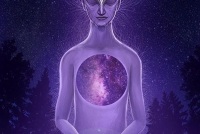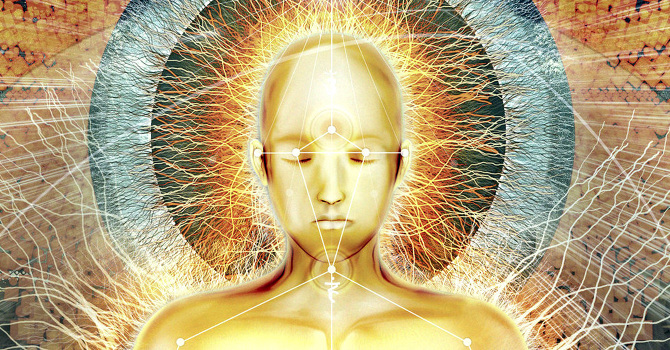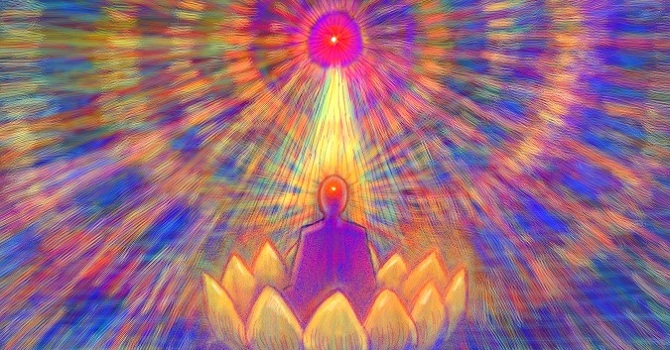 (adsbygoogle = window.adsbygoogle || []).push({});
(adsbygoogle = window.adsbygoogle || []).push({});
It is a question that has vexed even the most keen minds that the world has known: Where does consciousness come from? We know that it exists given our daily demonstration of it, but how it manifests itself out of the chemistry and electricity in our brains remains unsolved. Philosophers and scientists alike have invested much time and contemplation into the understanding of consciousness, but the mystery prevails. However, there is one neuroscientist, Christof Koch, who thinks he may have the answer.
Christof Koch is the chief scientific officer at the Allen Institute for Brain Science. According to him, consciousness arises within any sufficiently complex, information-processing system. This suggests that all animals from humans to fruit flies could be experiencing comparable levels of consciousness, but it is the recognition and the awareness of this consciousness that separates us from every other life form we have interacted with.
“The electric charge of an electron doesn’t arise out of more elemental properties. It simply has a charge,” says Koch. “Likewise, I argue that we live in a universe of space, time, mass, energy, and consciousness arising out of complex systems.” Even the internet could potentially be a form of consciousness, an explanation for which Koch provides in the interview below.
Koch's proposition of this theory is not the first, but it is the most scientifically refined. A derivative of the ancient philosophical doctrine known as panpsychism, this theory may seem more like spirituality than science to some. However, Koch has devoted over 30 years to researching the neurological basis of consciousness. His remarkable work at the Allen Institute has put Koch at the forefront of the BRAIN Initiative, a massive effort launched in 2014 to better understand how brains work.
'Lotus Flower' by DivineLightAngels

(adsbygoogle = window.adsbygoogle || []).push({});
Dozens of scientific articles and book series have put Koch's insight into detail, one of the most notable being his own book Consciousness: Confessions of a Romantic Reductionist. WIRED received an opportunity to speak with the neuroscientist, offering a chance dig a little deeper into his knowledge of consciousness and the basis for his reasoning.
WIRED: How did you come to believe in panpsychism?
Christof Koch: I grew up Roman Catholic, and also grew up with a dog. And what bothered me was the idea that, while humans had souls and could go to heaven, dogs were not suppose to have souls. Intuitively I felt that either humans and animals alike had souls, or none did. Then I encountered Buddhism, with its emphasis on the universal nature of the conscious mind. You find this idea in philosophy, too, espoused by Plato and Spinoza and Schopenhauer, that psyche — consciousness — is everywhere. I find that to be the most satisfying explanation for the universe, for three reasons: biological, metaphysical and computational.
WIRED: What do you mean?
Koch: My consciousness is an undeniable fact. One can only infer facts about the universe, such as physics, indirectly, but the one thing I’m utterly certain of is that I’m conscious. I might be confused about the state of my consciousness, but I’m not confused about having it. Then, looking at the biology, all animals have complex physiology, not just humans. And at the level of a grain of brain matter, there’s nothing exceptional about human brains.
Only experts can tell, under a microscope, whether a chunk of brain matter is mouse or monkey or human — and animals have very complicated behaviors. Even honeybees recog